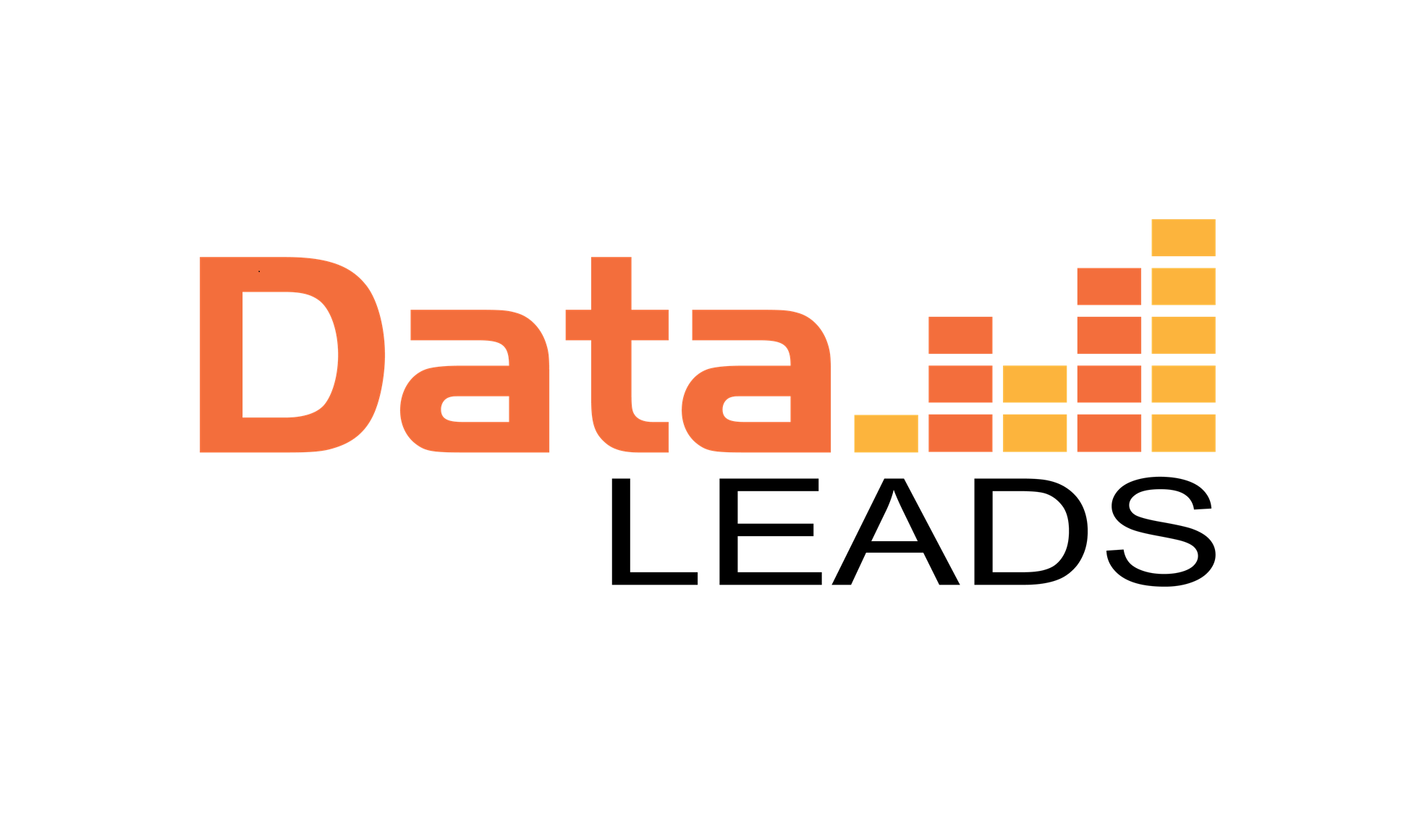The Forum on Information and Democracy and the members of its Working Group on Artificial Intelligence welcome the Council of Europe’s Framework Convention on artificial intelligence and human rights, democracy, and the rule of law. They call upon Signatory States to apply the Convention to the private sector to ensure that it is bound by democratic principles and rules.
On 17 May 2024, the Council of Europe adopted the first-ever international legally binding treaty on AI, the Framework Convention on artificial intelligence and human rights, democracy, and the rule of law, which outlines clear principles, rules and obligations to be respected during the whole lifecycle of AI.
Overall, the treaty is aligned with the recommendations elaborated by the Forum on Information and Democracy’s Working Group on Artificial Intelligence and its implications for the information and communication space. The more than 200 recommendations were published on 28 February 2024 in the report “AI as a Public Good: Ensuring Democratic Control of AI in the Information Space” and provide a detailed roadmap how the Council of Europe’s treaty could be translated into concrete policies and legislation.
The treaty is a historical step towards putting democratic rules on AI development, deployment and use. The Convention will be open for signature as of 5 September 2024 not only by members of the Council of Europe but also States that participated in its drafting and after entry into force by non-member States invited to accede.
While the Forum and its Working Group members welcome the general approach of the Convention, they regret that the Convention does not automatically apply to the private sector. During the last rounds of negotiations, the provisions regarding the private sector were altered, providing each Signatory State with the possibility to either apply the Convention to the private sector or by taking other “appropriate measures” in accordance with the object and purpose of the Convention as outlined in Article 3. The vagueness of the term “appropriate measures” opens the door to less effective measures and private interests reigning over the common information space, it risks repeating dependencies and power imbalances..
Thus, iIt is important that Signatory States directly apply the Convention to the private sector as the history of social media has shown that such important technology cannot be left to private interests but needs to be governed by democratic rules.


